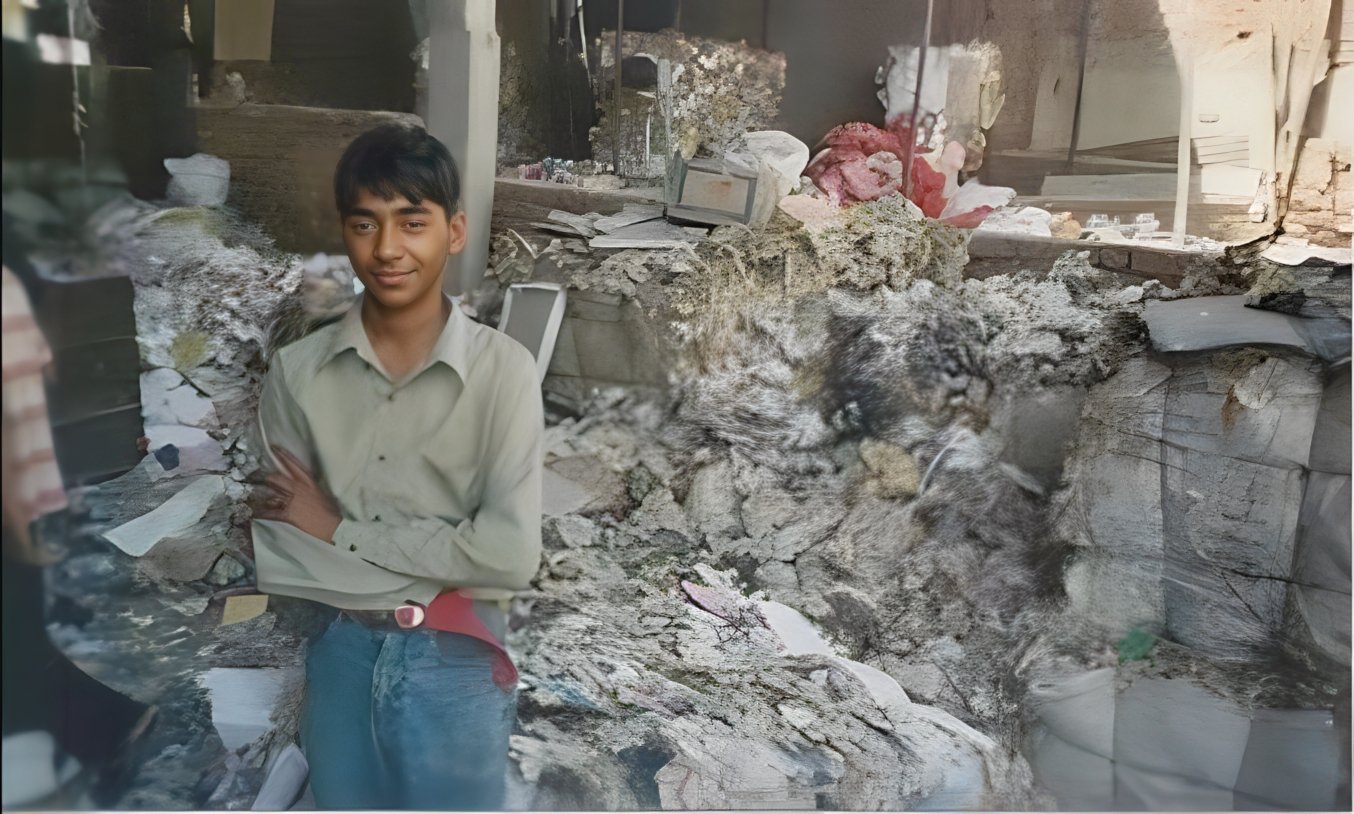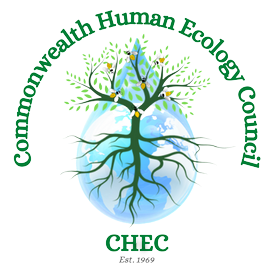
Sustainable Repurposing and Recyling of Waste Materials
This project was funded by the EU’s Asia-Pro-ECO programme and focussed on urban settlements in India. Based at Ahmedabad, the project worked with rag-pickers in slums in three cities in Gujarat state to develop ways in which waste materials could be recycled for use in building and construction.
Project Outcomes
Rag-pickers in the cities typically collect and sort waste materials including plastic bags, jute sacks, old bottles and pottery fragments: these materials are then sold on to middlemen. CHEC’s project, in collaboration with the Vastu Shilpa Foundation for Studies and Research in Environmental Design and the Institute of Building Structures and Structural Design of the University of Stuttgart, aimed to identify ways in which these materials could instead be used to construct or repair slum dwellings. The project’s teams experimented with innovative designs such as using plastic bag to make ropes to tie down roofing sheets, and turning glass bottles into windows. More advanced methods were also developed, including using fly-ash from a local power station to make a plaster-board like material.
Alongside the development of these methods, the project aimed to teach new skills, develop local opportunities for income generation, and help to reuse and recycle waste more effectively. The project resulted in workshops being held for local government officers, NGO workers and community leaders to share results and to put forward recommendations for the improvement of urban waste management.
-
Gujarat State, India
-
2003 - 2006
-
The project aims to work with rag-pickers in slums in three cities in Gujarat state to develop ways in which waste materials could be recycled for use in building and construction.
-
The project resulted in workshops being held for local government officers, NGO workers and community leaders to share results and to put forward recommendations for the improvement of urban waste management.
